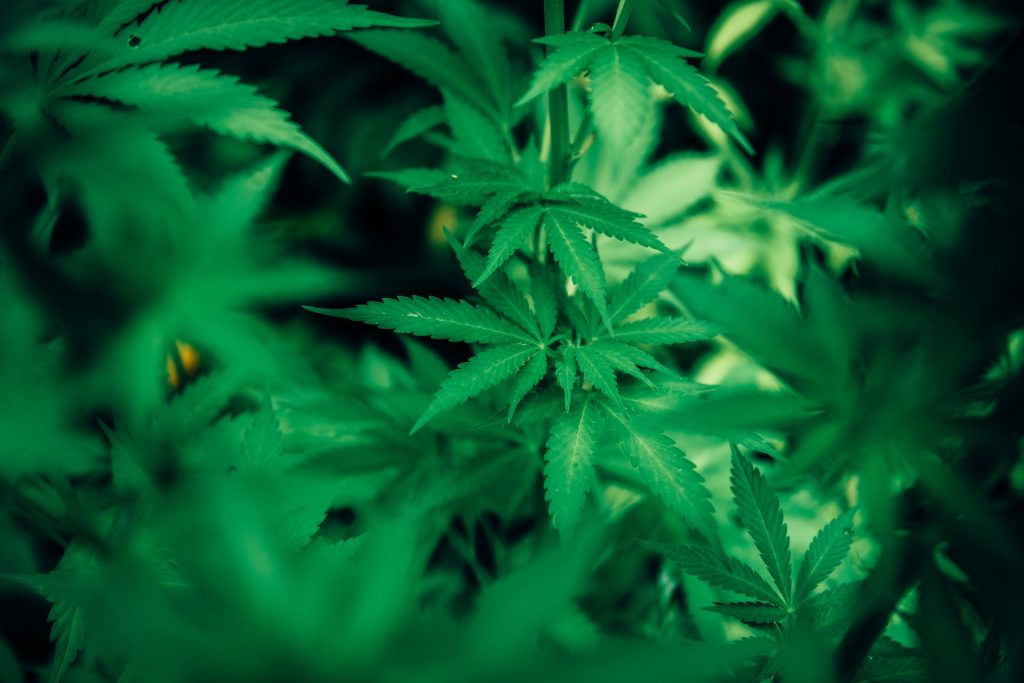
Due to the sizeable interest in the use of cannabis-based medications in treating drug resistant epilepsy and comparative lack of clinical guidance on prescription, an expert working group in Australia recently developed an interim “consensus advice” for prescribers and published it in the British Journal of Clinical Pharmacology.
The working group was made up of paediatric and adult epilepsy specialists, clinical pharmacists, pharmacologists, and cannabis researchers. Epilepsy occurs in 1–2% of the population, and about one in three people with epilepsy are considered drug resistant to standard antiseizure medications.
Since there are few clinical data available on comparative efficacy of cannabinoids with registered epilepsy treatments, the authors recommend cannabinoids only in drug resistant epilepsy, in carefully selected compliant patients with specific epilepsy phenotypes.
The document provides an overview of the different cannabis medicines currently available for treating epilepsy in children and adults, with information on dose, drug interactions, toxicity, and type and frequency of symptom and seizure relief. The consensus advice will be updated as new evidence emerges and will provide the structure for a more definitive guideline in the future.
“In the absence of a registration dossier, scientific experiments and case reports are helpful to provide some guidance to optimised dosing. However as in this guidance, observational data obtained from clinical practice – which often includes information not included in scientific experiments or even early clinical trial data, such as treating patients with other comorbidities, taking multiple medications, and patient diversity – can be very helpful to clinical practice,” said senior author Jennifer H. Martin, MBChB, MA, PhD, FRACP, a researcher at the University of Newcastle and the Director of the Australian Centre for Cannabis Clinical and Research Excellence.
Source: Wiley

